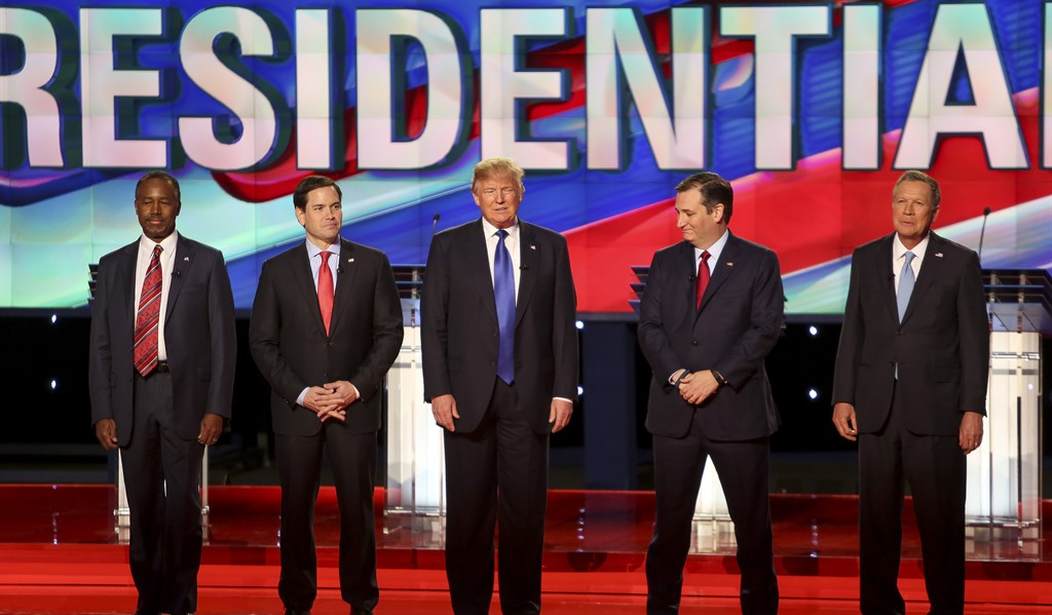Reporter Bob Davis' article was about the experience of Arizona, which on this issue has been a laboratory of reform. In the middle of the last decade, after a border fence slowed illegal flows into urban San Diego, thousands of illegal immigrants started crossing the desert border of Arizona and Mexico. Some died in the desert. Some murdered or robbed local residents. There was a fierce outcry for politicians to address the problem.
Arizona couldn't build a wall by itself. But its Republican legislature did pass laws with the aim of discouraging illegal immigration. They were denied benefits such as driver's licenses and free non-emergency medical care. Law enforcement agents, including Sheriff Joe Arpaio, vigorously enforced the laws in Phoenix's Maricopa County, which is the nation's fourth-most populous county, with 4 million residents.
In 2008 the state required all employers to use the federal E-verify system to check job applicants' legal status via Social Security records. In 2010 the controversial Senate Bill 1070 authorized traffic police to check immigration status, one of the law's provisions upheld by the U.S. Supreme Court.
These measures fall short of the immigration policies advocated by Rubio and Cruz. They would require not only use of E-verify nationally but also biometric exit-entry visa-tracking, to identify the 45 percent of illegals who overstay legal visas. That's something Arizona's state government can't do.
Recommended
But what it could do made a difference. Since 2007 about 200,000 illegal immigrants left Arizona, 40 percent of the total, much more than in other states. Davis quotes various experts with different views on the economic effects. On one hand, the departures reduced the state's gross domestic product by 2 percent and employment by 2.5 percent. State government revenues were reduced by about that as well.
But so was state spending on education (80,000 fewer students), emergency room health care and incarcerating non-resident felons. There was a sudden shortage of farm and construction workers and -- probably as a result -- wages for farmworkers rose 15 percent and for construction workers 10 percent.
Some employers were forced to adjust. Davis' article begins with an anecdote about a jalapeno pepper farmer who invested $2 million to develop a machine to harvest peppers. He figured that was cheaper than paying non-illegal workers more.
How you weigh the costs and benefits, neither of which can be precisely measured, is up to you. But for Donald Trump supporters, such as Mickey Kaus and Ann Coulter, who argue that illegal labor is driving down low-skill Americans' wages, the results look pretty good. Maybe as good as you would get by building and getting Mexico to pay for that "yuge" beautiful wall.
For the fact is that the surge of illegal Mexican migration ended with the 2007-2009 recession. And the laboratory of Arizona suggests that technically feasible methods -- E-verify, entry-and-exit tracking -- can disincentivize illegal immigration and spur, in Mitt Romney's infelicitous term, self-deportation.
The employer sanctions of the 1986 law failed because they didn't include such provisions. That's because most Americans back then, both left and right, hated the idea of anything like a national identity card. But today we don't much mind having our steps tracked by Google and Visa. Tracking job applicants or visa holders is widely acceptable now.
A President Rubio or Cruz could get a Republican Congress to approve such legislation without, as they insist, an immediate path for citizenship or legalization. Democrats have demanded citizenship (they want those votes) as the price for advancing any immigration legislation, but many would be reluctant to resist an enforcement-only bill.
The key question for Republican voters is whether they want a nominee who would change policy in a direction that would achieve desired results or whether they want one who bellows in anger but who, as the Houston debate showed, has a weak grasp on the facts and only a hazy notion of what policy can accomplish.
Rubio and Cruz have shown they are the first kind of candidate. The Donald Trump whom you saw flailing in Houston isn't.
























Join the conversation as a VIP Member